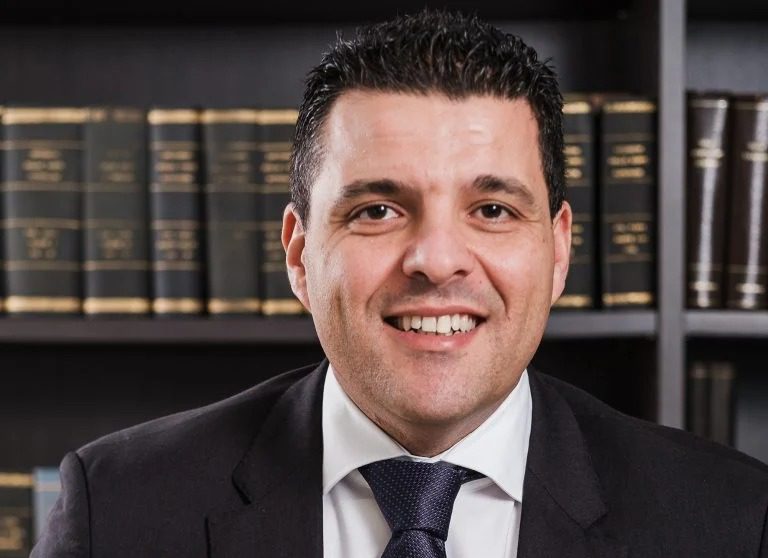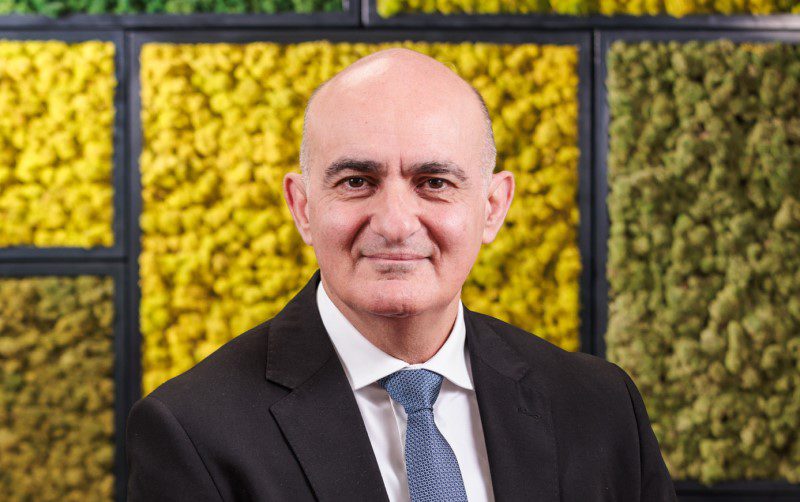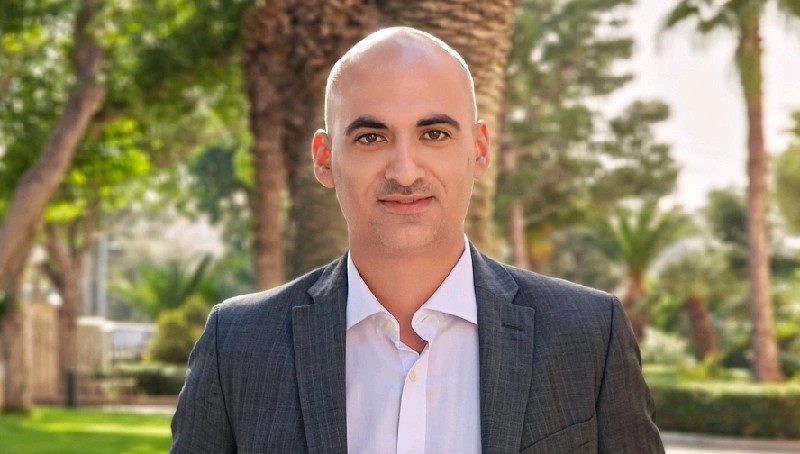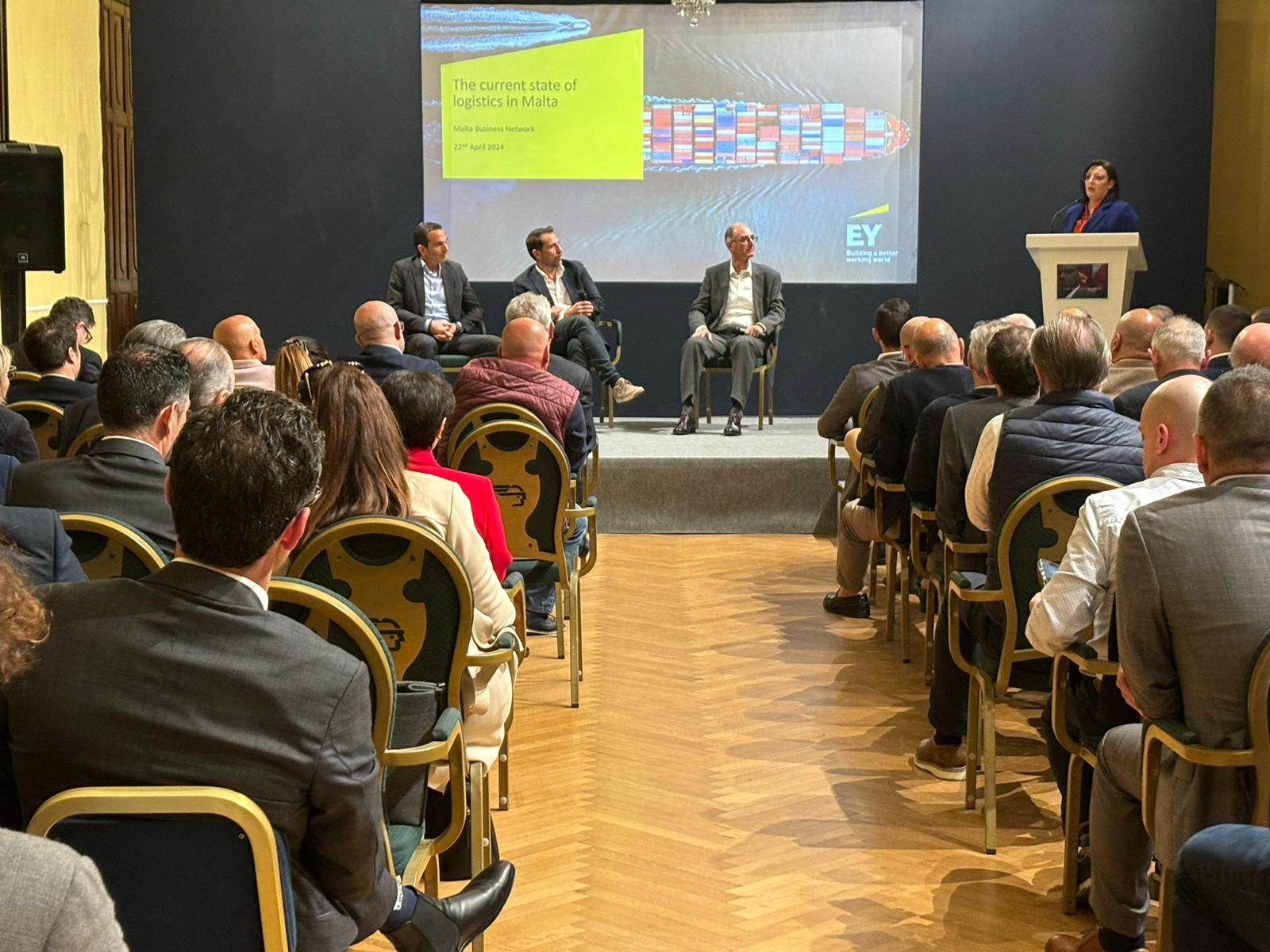Since the pandemic, fully remote roles have become less unusual, and we’ve all heard of friends or acquaintances with such roles who have moved to a different country where the business is based, continuing to fulfil their duties.
Less common, however, is a situation where business owners and senior managers are leading their organisation remotely, shaping strategy and driving growth from an entirely different country.
Here, we explore the trials and tribulations of local business leaders who have taken that exact plunge, with, predictably, trust in one’s team being the main factor to facilitate such a set-up. The element of trust is essential in any organisation, but much more so when you are not in proximity to your team, closely monitoring developments, standards and the daily ins and outs of operations.
Running a business overseas comes with several disadvantages, such as travel costs and missing the physical presence that is so vital in important meetings, but it does open up a new realm of possibilities in terms of flexibility and work-life balance.
Here, MaltaCEOs.mt reached out to three Maltese business leaders who are leading their teams from abroad in order to get their perspective on what is vital for this relatively unconventional way of leadership to work.
Danica Fava, Co-Founder and Director at Outdoor Living Malta, made the move to the UK 12 years ago, and while she comes back to Malta around four to five times every year, she feels that living in such a small country “can sometimes limit our way of thinking.”

“Moving away, learning, and experiencing different cultures and lifestyles, along with the exposure to diverse ways of thinking, can help you look at things from a different perspective and inspire new approaches to problem solving and decision making,” she said.
Ms Fava added that moving away was also an “eye opener” for her on how much employee performance increases when they are “trusted and empowered.”
Finesse Group Founder and CEO Jo Caruana, who also lives in the UK, was in agreement, stating that while there are occasions when she feels that it is “easier to be in a room with somebody,” technology has drastically helped in solving this issue.
Ms Caruana switched Malta for the UK in 2021, when the effects of the pandemic were in full force. Finesse Group had just made its first steps into internationalisation, and she quickly realised that she didn’t have to be physically in Malta all the time. The core team is still based in Malta, yet the company is set up to operate fully remotely, with in-person brainstorming meetings once every two weeks.
The experience is slightly different for Jeremy Mifsud, Head of Customer Success at payroll software company Buddy, having only moved to Valencia, Spain from Malta six months ago. Since then, he has only flown back to Malta once, joining the team for its annual Christmas celebrations.

“Personally, I don’t feel the need to oversee the work in person, but I do value the quality of time spent in person from a team-bonding experience,” he affirmed.
All three respondents work at companies that are open to remote work, hence making these moves easier as certain processes and communication models were already in place.
Ms Caruana does not think that remote work arrangements would have worked prior to 2020, and the pandemic proved to be a “catalyst” in this regard, “having opened people’s eyes to the potential of working remotely and the ability to run a business from anywhere.”
However, in order for business leaders to adopt such an approach, they have to place full trust in their employees, a hurdle many struggle to overcome.
“The first step of making this change is building a trusting team. You cannot move away unless you trust your team and have clear and open lines of communication,” Ms Fava explained.
Mr Mifsud noted that prior to moving to Spain, he had already been working remotely for four-days-a-week, which helped ease the transition. “With how smooth it was, I think everyone felt more confident and trusted to work more independently,” he said.
Ms Caruana said that she trusts her team implicitly, and at Finesse Group, it is one of the factors of company culture that she feels that a red line must be drawn on.
“For a business to function, there must be that level of trust. I’m not a micromanager at all, and I try to empower the team to take charge of what they want to do in their role, and I trust them to do that. Luckily, so far, while there are day-to-day issues, there have never been issues related to trust,” she explained.

While this element of trust is vital across all areas of operations, it is at the hiring and onboarding process that all three respondents feel that they need to be present in some way in order to make sure all goes according to plan. As a result, interviews, particularly the initial ones, are often done through video calls, so that each business leader is still highly involved in the process.
Mr Mifsud remarked that there are downsides to having the onboarding process being done remotely, as with new talent, things may not always be so clear.
“With new people, you may often pick in-person clues, like whether an instruction is clear or not. Whilst when completely remote, you have to rely more on open communication, which at the start, you cannot expect to be at the same level of other employees you’ve already gained the trust of,” he continued.
While there are challenges in making this switch, the three business leaders feel that it is worth it, particularly given it helped them have a greater sense of freedom, become better businesspersons, and also enabled them to have a better frame of mind.
“Even the small things, like going for a daily walk in a much greener city, has a great impact on my mental health. As a happier person, I also become a more productive entity. That’s why I think our decisions should be rooted on the employees’ quality of life, including that of ourselves,” Mr Mifsud highlighted.
The three respondents all mentioned that in order for a business leader to make this huge move, they have to make sure that it is a change that they want in their life, and that their teams are well-prepared and trustworthy enough to function without the leader constantly being present.
“You can run a business from anywhere nowadays. It is one of the benefits that today’s technology has brought. If it makes sense from a personal perspective, I have no doubt that if the will is strong enough and the team is strong enough, you can run a business from absolutely anywhere,” Ms Caruana stressed.
Jean Chapelle Paleologo named new Frank Salt Real Estate Managing Director
He is highly experienced in sales and wealth management within the international financial services sector.
APS CEO anticipates improved performance in rest of 2024 after drop in first quarter pre-tax profit
During the first quarter of 2024, APS Bank reported €5 million in pre-tax profit, 63.5% lower than the same period ...
Aaron Bugeja promoted to Associate Director of Client Accounting at Vistra
He states that he is ‘eager to leverage strategic insights and drive financial excellence’ to Vistra’s clients.
Malta should explore state aid to ease freight costs, C-level logistics experts suggest
Retail Marketing Ltd CEO Jonathan Shaw believes Malta should join forces with other island nations that face similar logistical challenges.











